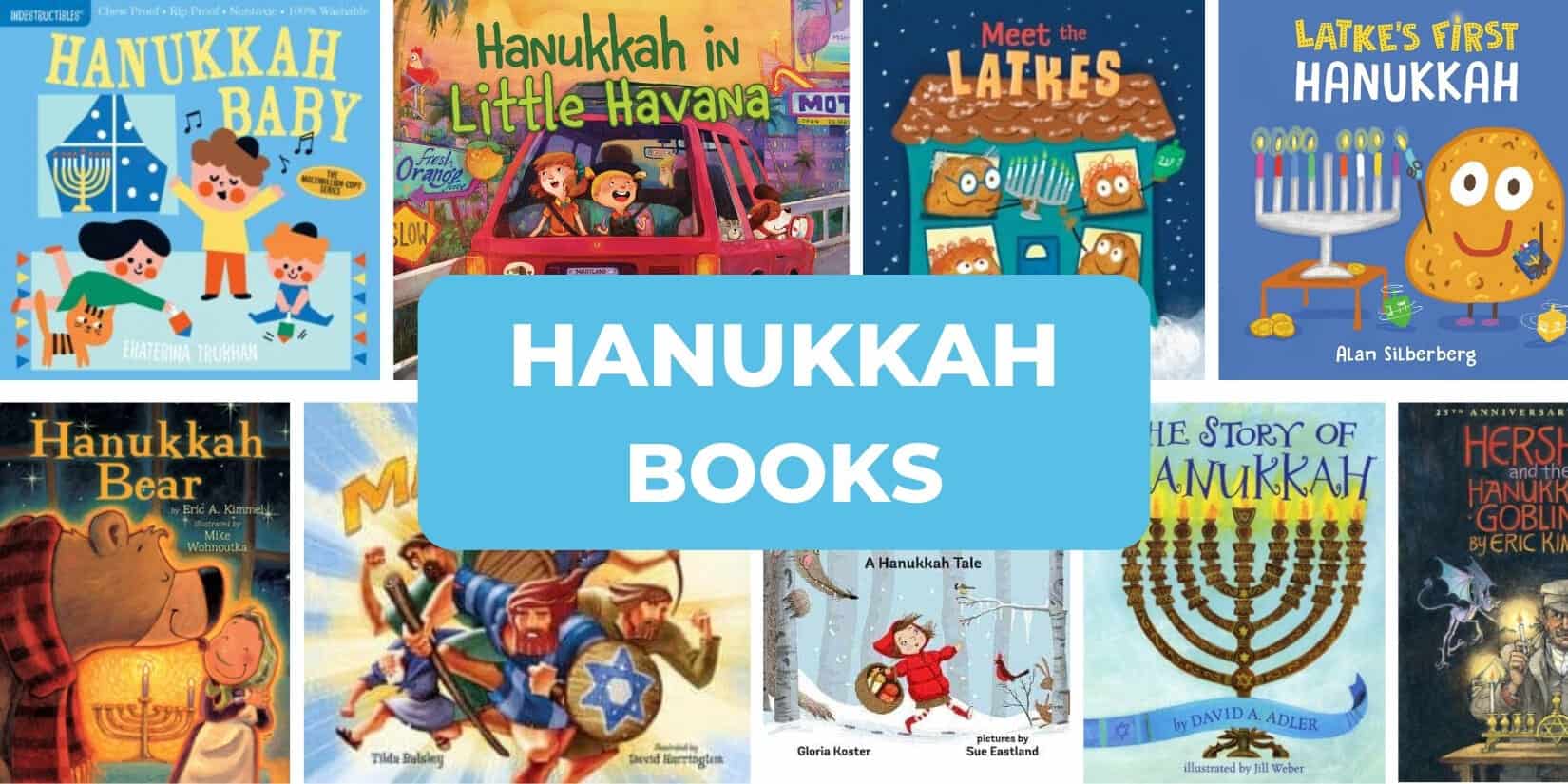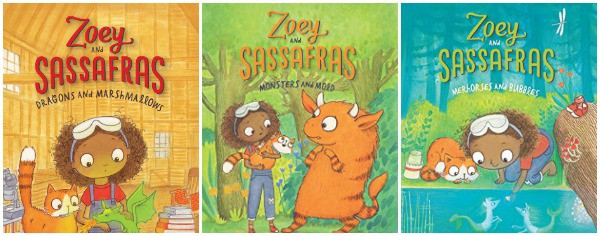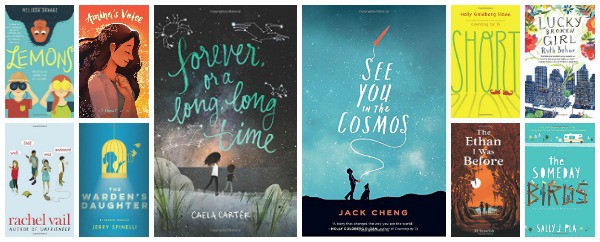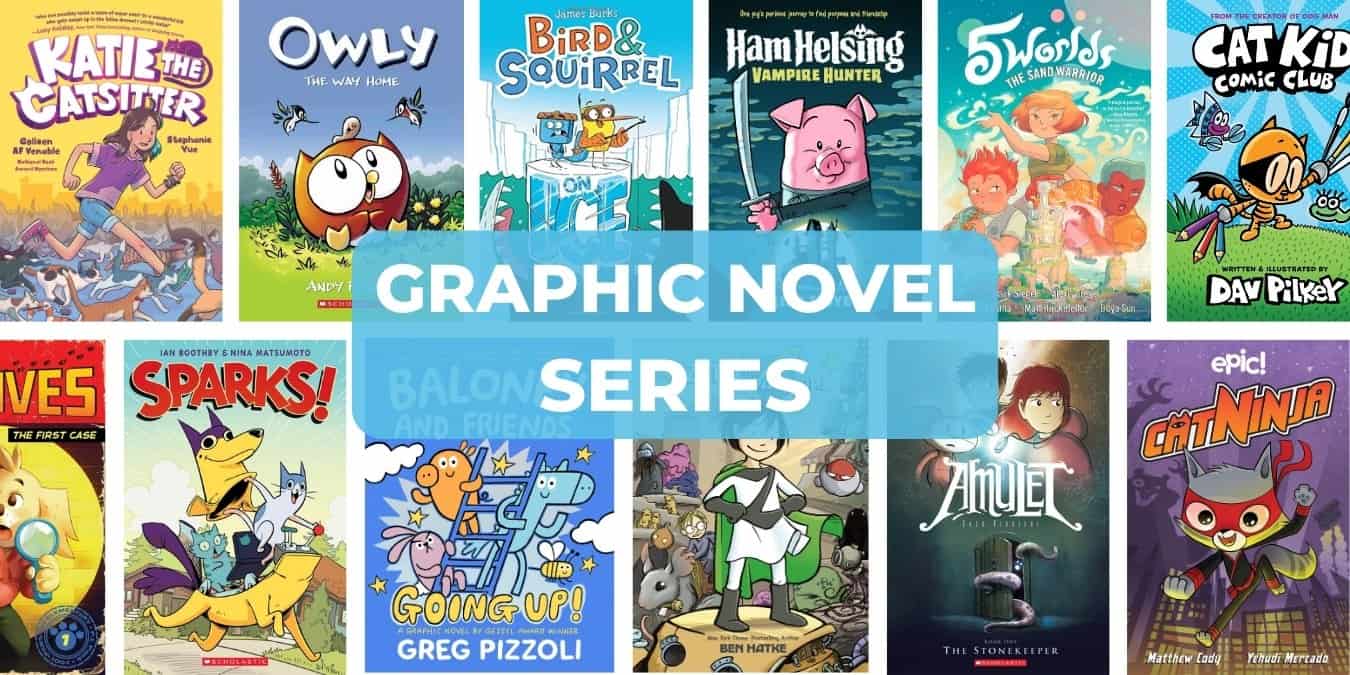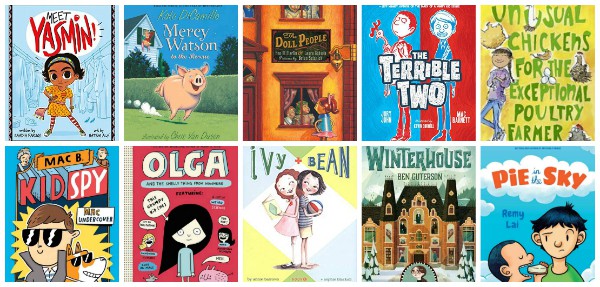Turning Facts into Fiction
This post may contain affiliate links.
written by Marcy Campbell
I remember sitting in a critique group many years ago with a new, short story writer. She had come to the group asking for help to make her story stronger, but when presented with suggestions, she clung stubbornly to the real-life version of events her story was based on. I remember her wailing, “But that’s the way it really happened!”
Maybe so. But does it make good fiction?
The joy I find in writing fiction (as opposed to news articles, which I’ve also written), is the freedom to make things up! Even when the inspiration for a story comes from real life, as is the case with my picture book, Something Good, a writer must be able to craft the details to form a compelling narrative. In fiction writing, our commitment is to the story, not the true events.
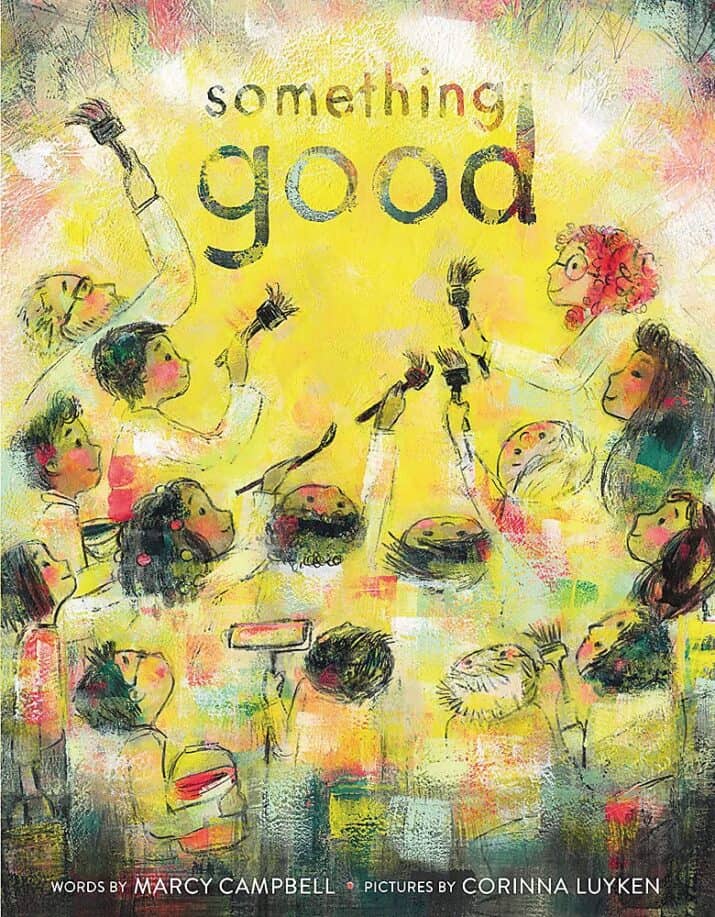
You’ve surely heard the saying, “The truth is stranger than fiction.” Real-life has twists and turns that might read, in fiction, as completely unbelievable, which makes a reader put the book down. The “truth” doesn’t often have a clear narrative arc and, let’s face it, doesn’t often have a satisfying ending.
Remember, fiction can’t be criticized for being untrue, but for seeming untrue.
All writers will experience events we’re compelled to write about, often because we have a strong emotional reaction to them. Something Good was inspired by an incident of hate speech that occurred in my school district. I was distraught over it and knew I might want to write about it someday but had no idea initially what form that writing might take.
Tip: It’s important to get everything written down, immediately after the monumental event, whatever it is. This is not the time to craft the story, but simply to journal, filling in details about people, places, events, and…don’t forget…emotions. How did you feel? How did that change?
If you’re planning to fictionalize the event, you may need to set aside these notes for weeks, months, or even years, until you feel capable of looking at them as a neutral observer might, an observer who can see the threads of a story, and not get upset when details get cut or changed. If the facts involve you personally, the more distance you’ll likely need before turning the incident into fiction.
Try this:
Think of something that happened to you that elicited a very strong emotional reaction, negative or positive. Free write all the details you remember about that event. Where were you? Who else was there? Describe what happened and how it made you feel.
Now, reinvent the main character so that he or she is no longer you. Change physical characteristics, background, beliefs, etc., to make this person as different from you as possible. Write about how this character would experience the same event.
Then, invent another situation that evokes the same emotion (if the primary emotion in your memory is fear, come up with a fictional situation that also elicits fear). Write an opening paragraph for that story that makes use of your recall of that emotion.
The idea is to become comfortable picking and choosing details from our lives to embellish into fiction. If it feels awkward, remember that, even when we think we’re recalling a true event, we’re altering it, whether through faulty memory or the unconscious work of selective perception. Fiction writers consciously transform details to create compelling stories. The truth is no excuse for bad fiction!
About Marcy Campbell
Marcy Campbell‘s debut picture book, Adrian Simcox Does NOT Have a Horse!, was a Junior Library Guild Selection, a Top 10 Indie Next Pick, Winner of the Comstock Read Aloud Award, and the Crystal Kite Award, and was translated into eight languages. She enjoys days filled with good-somethings in rural Ohio, where she lives with her husband, children and pets. Her new book SOMETHING GOOD can be purchased on Amazon, Barnes & Noble, Books-A-Million, and IndieBound.
Marcy Campbell: Website // Instagram // Twitter // Facebook
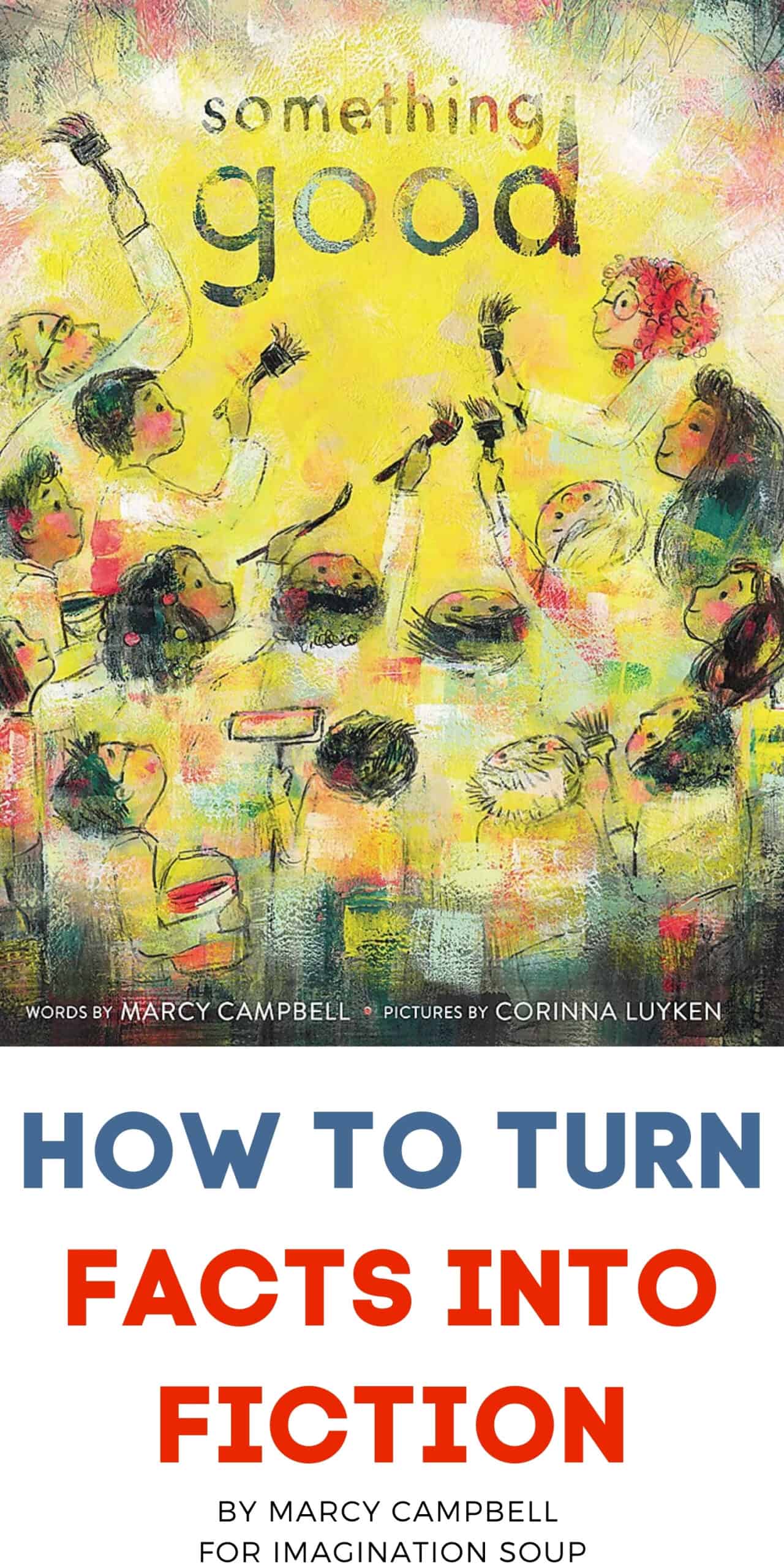
KEEP READING
Famous People Biographies for Kids


